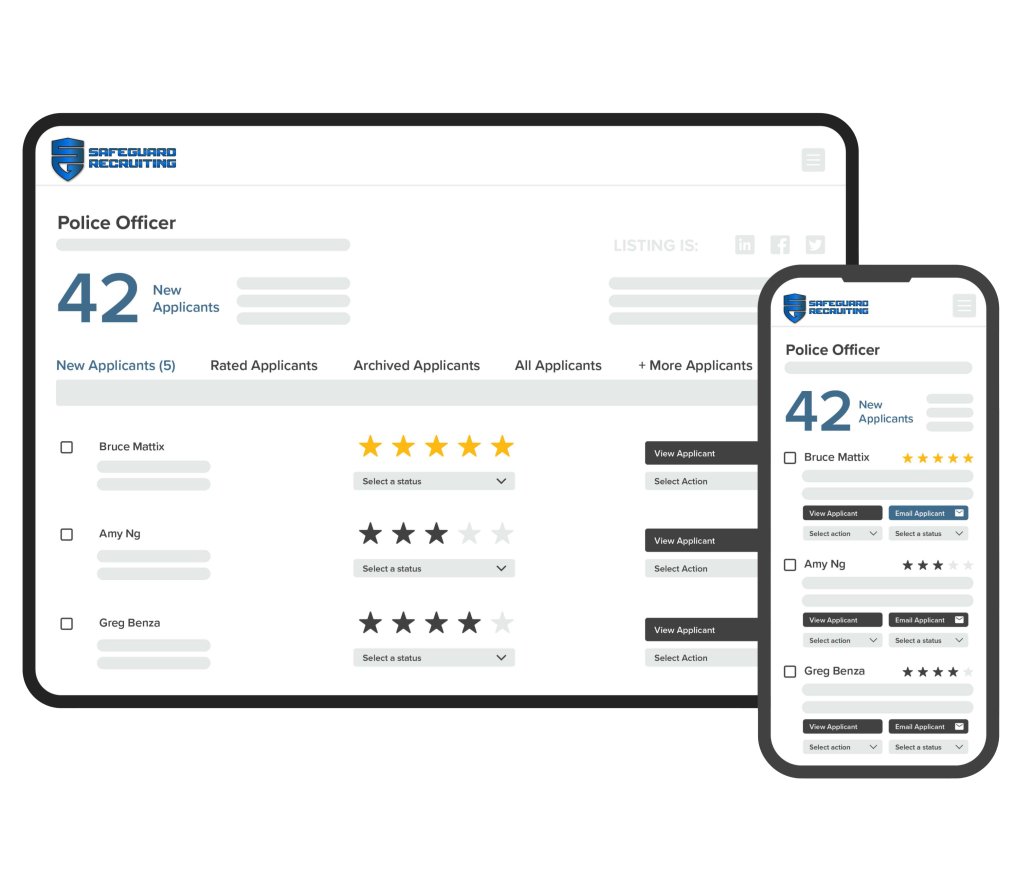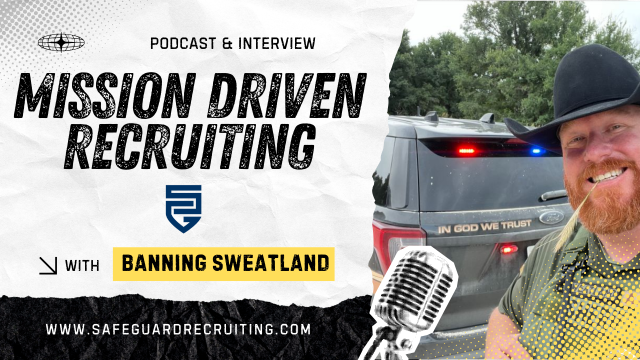In the current first responder hiring landscape, communication speed is no longer a luxury — it’s a necessity. Agencies that fail to engage applicants within hours—not days—risk losing qualified candidates to competing departments or losing them altogether. Timely, personalized outreach isn’t just courteous — it’s strategic. Here’s why quick communication is a foundational pillar in successful police recruiting and the data that proves it.
1. First Contact Builds Trust and Momentum
When an interested candidate submits a lead or application, they’ve taken an active step toward service. Delayed communication sends the opposite message: that the agency is disorganized or uninterested. A study by the Harvard Business Review found that companies who contacted potential leads within one hour were nearly 7 times more likely to qualify the lead than those who waited just one additional hour.
This is amplified in law enforcement, where candidates often apply to multiple agencies. Agencies that reach out quickly differentiate themselves and gain critical early influence in the candidate’s decision-making process.
2. Fast Follow-Up Improves Application Conversion
Our internal data coincides with these overall studies. When we implement our automatic nurturing (consistent messages) to interested candidates, we see conversion rates jump significantly, and when recruiters make a personal connection, agencies can expect up to a 50% conversion rate from interest to applicant.
3. Automated Systems Aren’t Enough — Human Touch Matters
While automation plays a critical role in nurturing candidates, nothing replaces a direct recruiter-candidate conversation. SAFEGUARD Connect, the proprietary applicant tracking system designed specifically for first responders, includes unlimited SMS and email features that empower recruiters to reach out immediately and personally.
This hybrid approach — immediate automation paired with timely human engagement — increases trust, builds rapport, and encourages application completion.
4. Delays Create Drop-Off
Agencies that wait 72 hours or more to follow up with leads often see a 75% drop-off rate in candidate engagement, especially among lateral applicants who expect urgency and respect for their time. This aligns with real-world examples.
We recently had a client that received close to 100 candidates in a month and while that was higher than any month in recent history, just a few submitted an application. When we investigated the issue for them, we found that none of them had been contacted and over a dozen had submitted questions without a response.
Over a few days, we reached out to each candidate and applications jumped significantly higher.
5. Communication Gaps Hurt Internal Efficiency
Recruiters are already balancing limited time and staff. Quick communication shortens hiring timelines, keeps candidates moving through the funnel, and reduces duplicated effort. With SAFEGUARD Connect’s integrated communication tools, recruiters can initiate contact, track engagement, and escalate priority candidates in real time, reducing overall time-to-hire by weeks.
Conclusion
Fast communication isn’t optional — it’s the competitive edge in today’s first responder recruiting environment. Agencies that systematize and prioritize rapid outreach secure more applications, improve candidate quality, and build stronger recruiting pipelines. With the right tools and strategy, communication speed becomes more than a best practice—it becomes the reason agencies fully staff while others continue to fall short.



